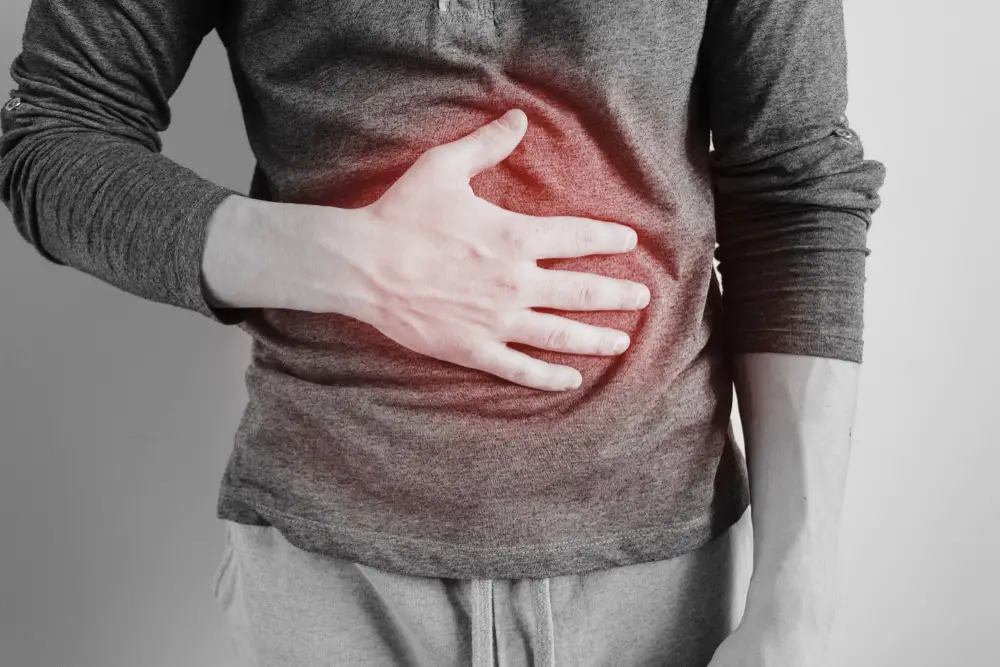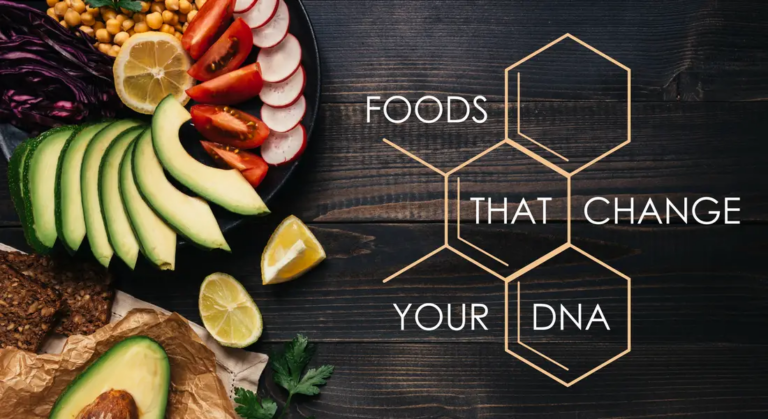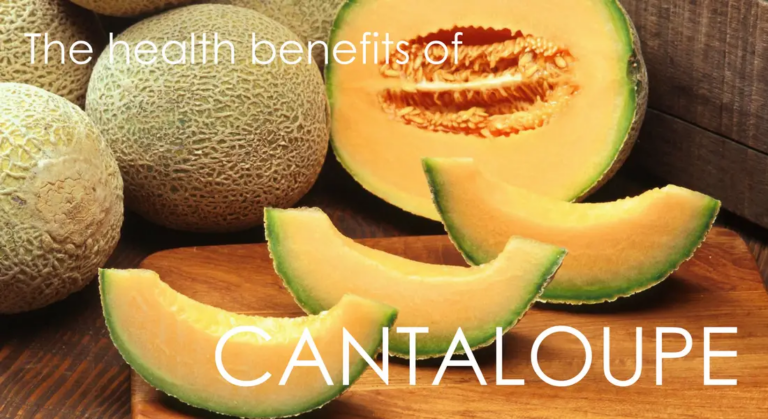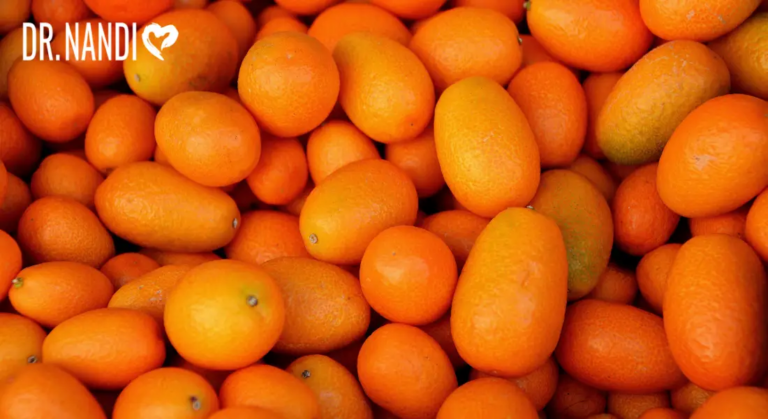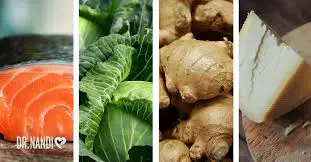Walk into any pharmacy or food store, and you’ll probably find shelves stocked with dietary supplements. You know how overwhelming it feels if you’ve ever walked down the supplement aisle. Rows and rows of bottles fighting for your attention, labels crammed with promises of improved digestion, increased energy, no-bloat bellies – you name it!
It’s enough to make your head spin. It also raises important questions about safety, risks, and side effects. Some products are safe and effective and provide excellent options for those who can’t eat the whole food alternatives. However, others pose serious and unexpected risks that can jeopardize your well-being. Even those that you can grab at the grocery store.
These risks have many people asking:
Is the best way to better gut health found in a bottle?
My answer? No.
I believe in prioritizing safe and natural ways to achieve and maintain good health. Suppose you can achieve your health goals without taking pills or drinking “magic” concoctions. In that case, I’ll always recommend taking the natural route. When it comes to gut health, the solution is simple. Choose to eat whole and healthy foods that can replace those pill bottles and provide the same benefits.
You see, food is medicine. Powerful medicine. Natural medicine.
Choosing the right foods for your body to get the proper nutrients and probiotics can help you keep your gut healthy and happy.
Nothing beats the real thing. It’s time to pass on the pills and enjoy these delicious, whole food alternatives that can give your body what it needs and detoxify your gut naturally!
Probiotics vs. Prebiotics: What’s the Difference?
Probiotics are often confused with prebiotics. They’re vital to good gut health, but they play different roles.
Probiotics are live microorganisms known as “good” or “helpful” bacteria because they help regulate digestion and intestinal function while keeping your gut microflora balanced. This healthy balance is disrupted when you don’t have enough of them, resulting in many issues, including Candida overgrowth and digestive disorders.
Prebiotics are a form of dietary fiber that feeds good gut bacteria and allows them to do what they do. Your body can’t digest prebiotics, but those helpful probiotics can. For this reason, it’s highly recommended that you nourish your body with both. The probiotics supply beneficial bacteria, and the prebiotics feeds these bacteria. They work seamlessly together and serve as good sources of balance and nutrition.
The foods below are great natural sources of probiotics and prebiotics and naturally provide what you need for optimal gut health. Their ability to detoxify your gut and achieve the internal balance you need will help keep your gut healthy, happy, and slim!
Top Natural Food Sources of Probiotics
| Yogurt | Apple Cider Vinegar |
| Raw Cheese | Kefir |
| Sour Pickles | Kimchi |
| Tempeh | Miso Soup |
| Kombucha | Sauerkraut |
| Sourdough Bread | Acidophilus Milk |
Power Combo!
Yogurt & Broccoli – When eaten together, the probiotics in yogurt help your body to better digest the broccoli and release its powerful cancer-fighting sulforaphanes!
Top Natural Food Sources of Prebiotics
| Blueberries | Garlic |
| Onions | Bananas |
| Dandelion Greens | Asparagus (raw or steamed) |
| Organic Apples | Cocoa |
| Flaxseeds | Wheat Bran |
| Jicama | Chicory Root |
| Avocado | Peas |
| Potato Skins | Chives |
Power Combo!
Probiotics & Blueberries – Antioxidant-rich blueberries are great for detoxifying the gut! Eating blueberries with probiotic-rich foods can intensify their ability to detoxify and protect against intestinal inflammation (like ulcerative colitis).
Vitamin Swap!
Instead of taking these vitamins in pill form, try these delicious whole food alternatives!
| Need More of This? | Eat Some of This! |
| Vitamin A | Baked sweet potato (with the skin) |
| Vitamin B6 | Cooked yellowfin tuna |
| Vitamin B12 | Sockeye salmon |
| Vitamin C | Raw sweet red or green pepper |
| Vitamin D | Canned tuna in water |
| Vitamin E | Dry roasted hazelnuts or almonds |
| Vitamin K | Cooked collards or turnip greens |
| Calcium | Chia seeds or canned sardines with bones in oil |
| Iron | Cooked oysters or dark chocolate with at least 45% cacao solids |
| Magnesium | Dry roasted cashews or cooked and drained spinach |
Disclaimer : Always consult with your healthcare practitioner before adding any supplement to your diet, especially if you’re pregnant or nursing.
About Dr. Partha Nandi
Dr. Partha Nandi, M.D., FACP, is a practicing gastroenterologist, holistic health practitioner, author, speaker, passionate patient advocate and creator and host of the medical lifestyle show, The Dr. Nandi Show.
Born in Calcutta, India, Dr. Nandi survived rheumatic heart disease as a child and made an everlasting commitment to patient care. Through his health challenges grew the compassion, intrigue and drive to become one of the leading patient advocates in the United States. He has never forgotten his beginnings, and continues to teach and inspire millions to adopt healthy lifestyle habits that lead to living more joyful and fulfilling lives.
Combining the best healing techniques from both Eastern and Western medicine, Dr, Nandi strives to help the sick and healthy alike find the most effective ways to solve and prevent various ailments and diseases.



